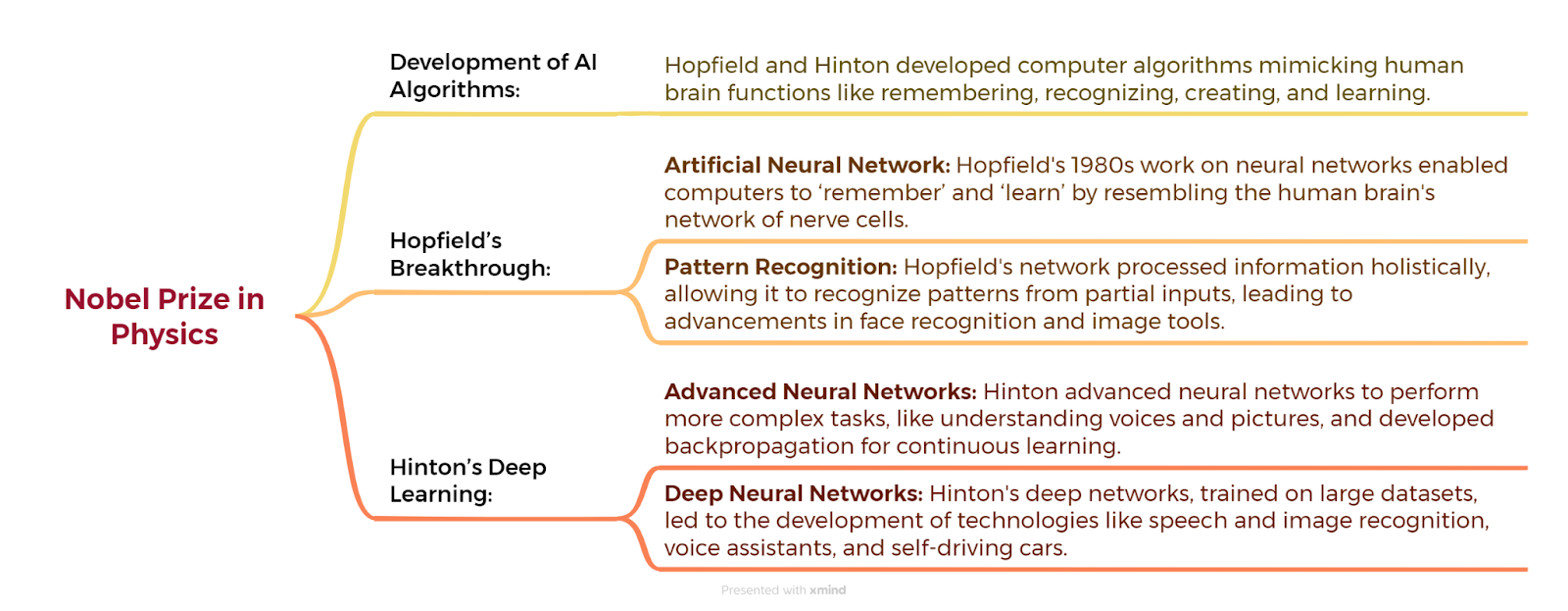World Affairs
India makes pledge of $300 million for WHO programme - The Hindu
India, the sixth largest global contributor of core funding to the WHO has now committed to give more than $300 million for the organisation’s core programme of work from 2025 to 2028.The biggest chunk of $250 million will be spent on the Centre of Excellence for Traditional Medicine.
WHO’s Programme Goals (2025-2028)
- Life-Saving Targets: WHO aims to save 40 million lives through initiatives like delivering vaccines to priority countries, supporting health worker education in 55 countries, and prequalifying 400 health products annually.
- India’s Additional Contributions in Southeast Asia:
- $38 million for WHO’s new regional office premises.
- $10 million for digital health initiatives.
- $4.6 million for thematic funding.
World Health Organization (WHO)
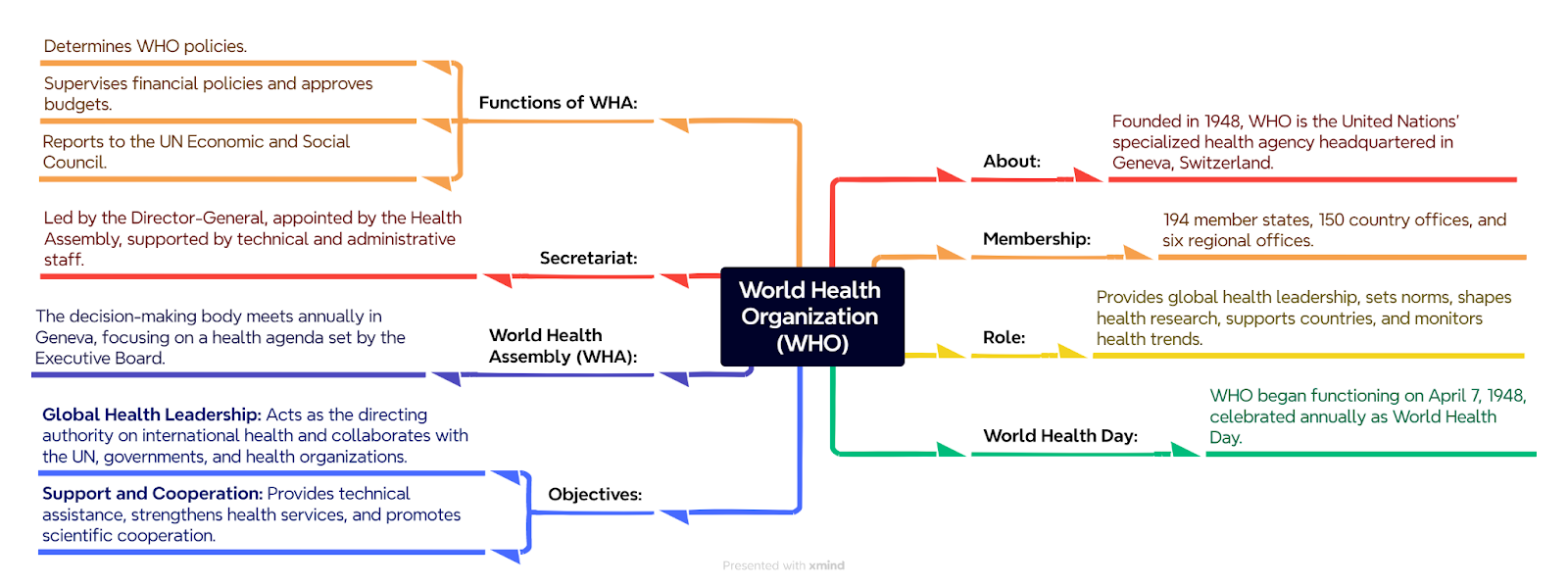
What does USCIRF report say about India? - The Hindu
The Washington DC-based United States Commission on International Religious Freedom (USCIRF) recently released a country update on India, flagging “collapsing religious freedom conditions”.
U.S. Commission on International Religious Freedom (USCIRF)
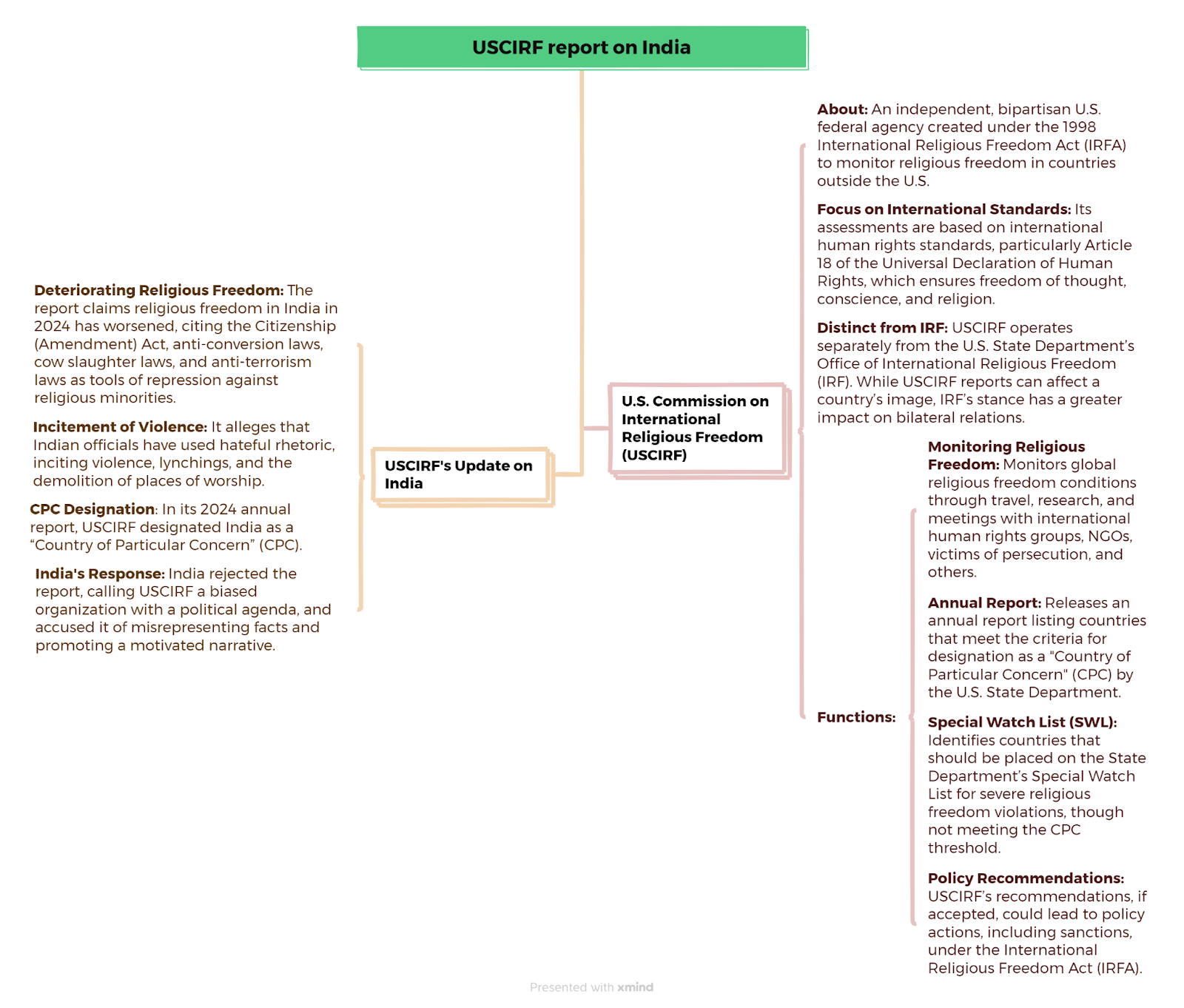
Economy
Why is the textile industry struggling to perform better? - The Hindu
Union Minister for Textiles Giriraj Singh recently said that the Indian textile and apparel sector is aiming for a total business of $350 billion annually by 2030, which is to generate 3.5 crore jobs. However, the industry went through a tumultuous phase during the last two financial years, casting a shadow on the possibility for 10% CAGR.
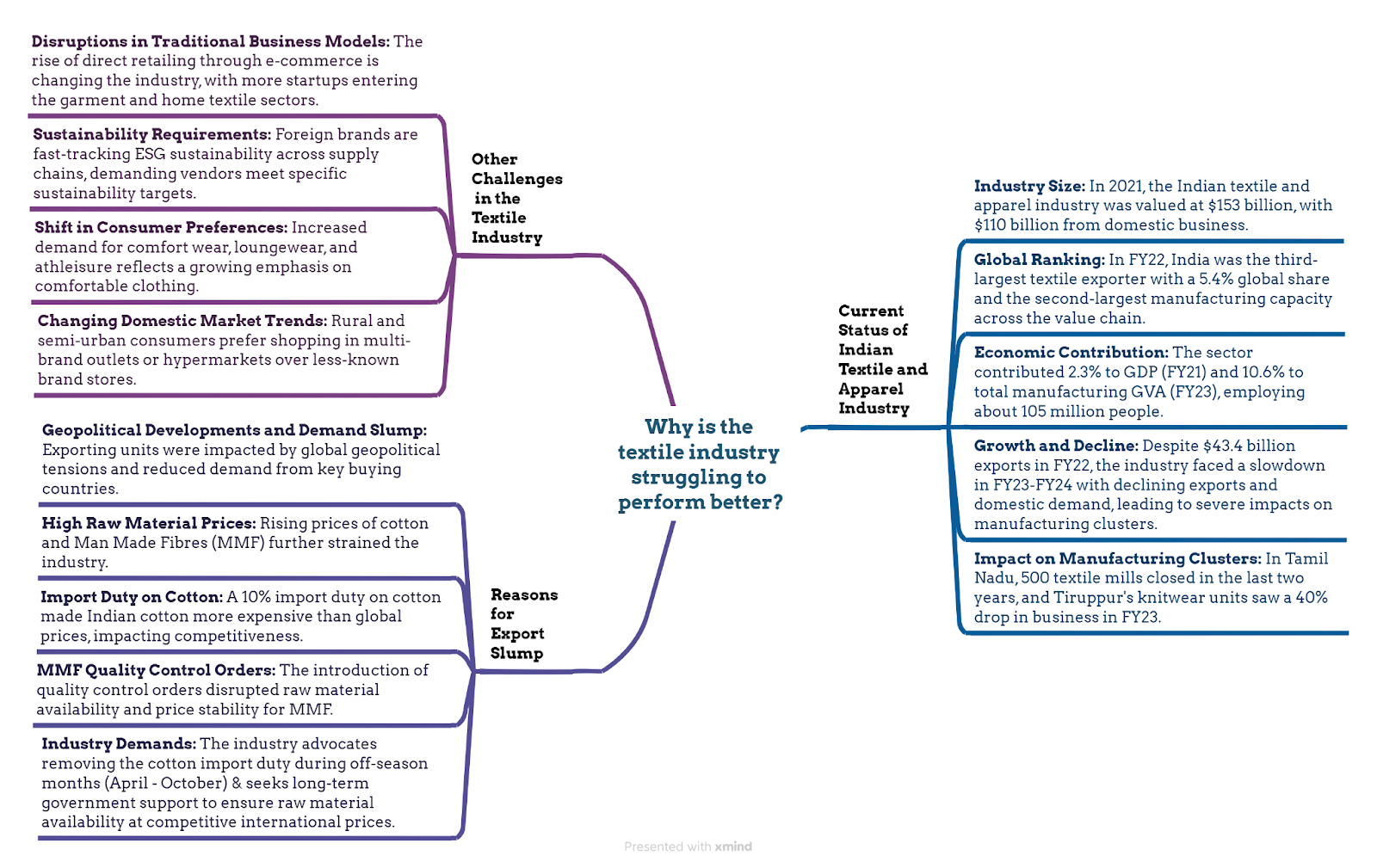
Environment
National Green Tribunal (NGT) - The Hindu
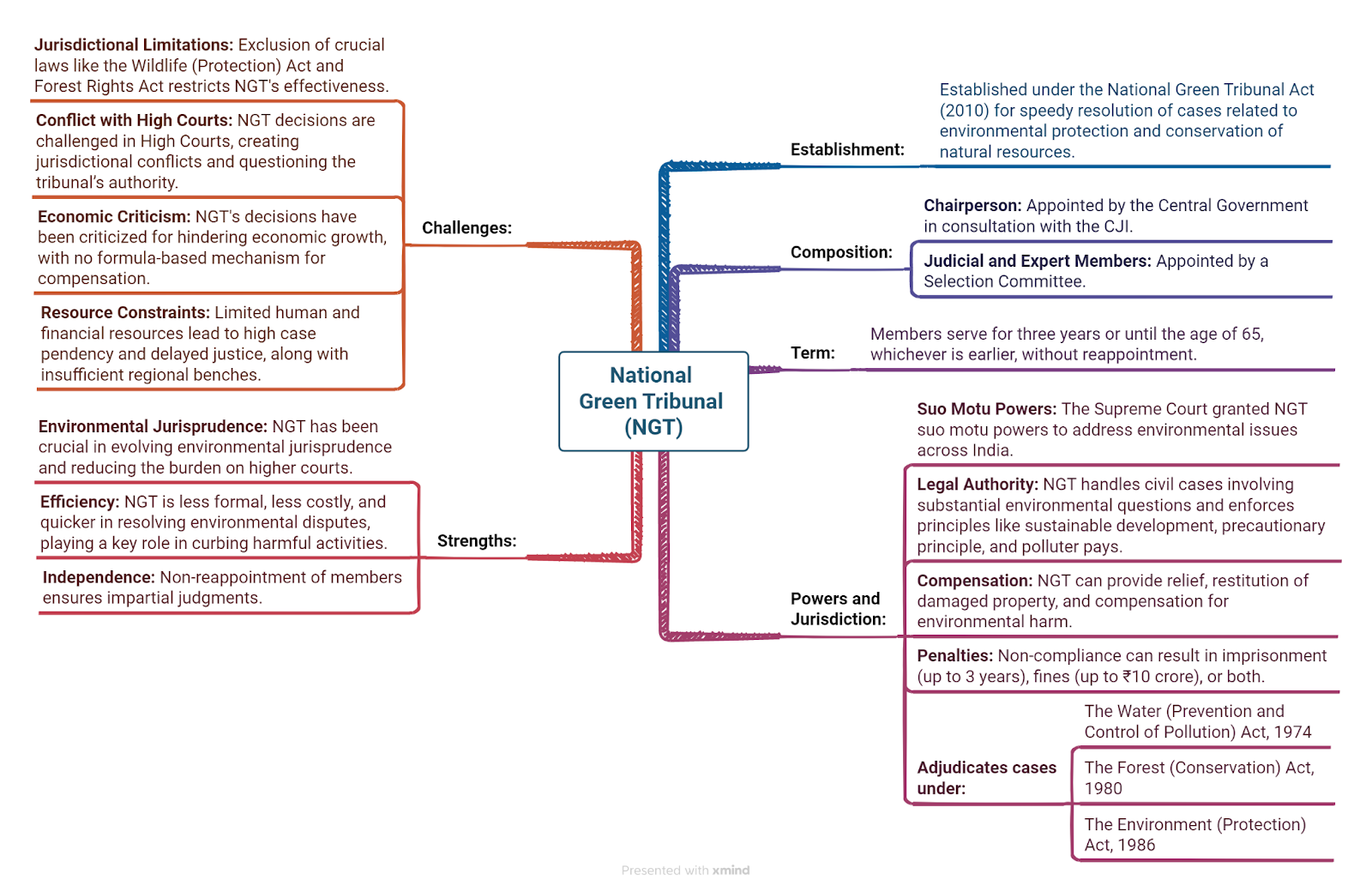
2023 driest year for global rivers in over three decades: WMO report - Indian Express
According to the State of Global Water Resource report, 2023 marked the driest year for global rivers in over three decades, according to a new report coordinated by the World Meteorological Organization (WMO).
State of Global Water Resource Report
- Publishing: The report is published annually by the World Meteorological Organization (WMO) since 2021, providing a consistent global overview of water resources.
- Contributors: It includes input from National Meteorological and Hydrological Services, along with other organizations and experts.
Highlights of the 2023 Report
- Driest Year for Rivers: 2023 was the driest year for global rivers in 33 years, continuing a five-year trend of below-normal river flows and reservoir inflows.
- Glacier Ice Loss: 2023 saw the largest mass loss from glaciers in 50 years, with more than 600 gigatons of water lost globally.
- Water Scarcity: Currently, 6 billion people face inadequate water access for at least one month annually, projected to rise to over 5 billion by 2050.
- Sustainable Development Goal (SDG) 6: The world is significantly off-track in achieving SDG 6, which focuses on water and sanitation.
Black Carbon - Indian Express
India’s reliance on kerosene-based lamps as a secondary lighting source leads to release of 12.5 gigagrammes (Gg) per year of a potent climate pollutant called black carbon. This accounts for about 10 per cent of the total residential black carbon emissions, which includes cooking, heating and lighting, according to a new study.
Black Carbon/ Soot
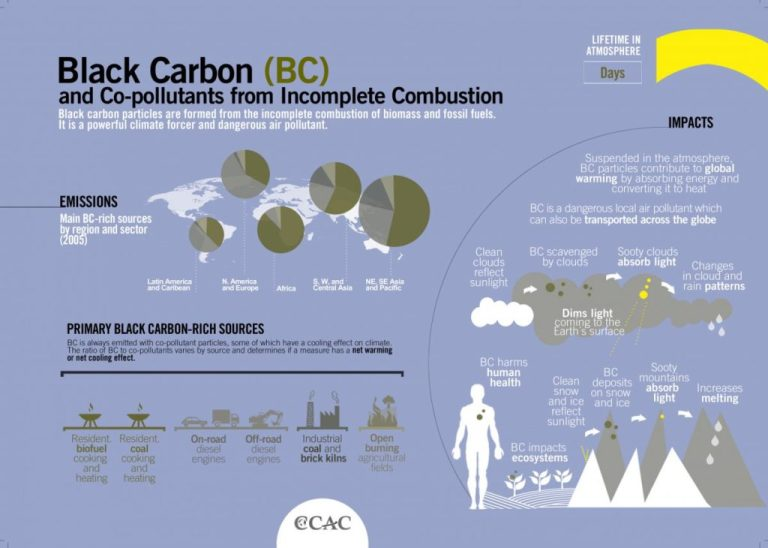
Sci and Tech
India has eliminated trachoma, says WHO - The Hindu
The World Health Organization (WHO) has now recognised that India has successfully eliminated trachoma, a bacterial infection that affects the eyes, as a public health problem.
Trachoma
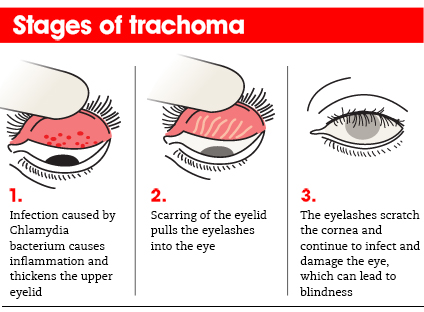
- About: A disease of the eye caused by infection with the bacterium Chlamydia trachomatis considered as a public health problem in 42 countries, and causes blindness/ visual impairment of 1.9 million people.
- Causes irreversible blindness: It is a neglected tropical disease and the world’s leading infectious cause of blindness.
- Transmission: Infection spreads through personal contact (via hands, clothes, bedding or hard surfaces) and by flies that have been in contact with discharge from the eyes or nose of an infected person.
- SAFE strategy: Recommended by WHO to eliminate trachoma as a public health problem which includes:
- Surgery to treat the blinding stage (trachomatous trichiasis);
- Antibiotics to clear the infection, particularly the antibiotic azithromycin;
- Facial cleanliness and Environmental improvement, particularly improving access to water and sanitation.
Making machines learn - Indian Express
John Hopfield, a 91-year-old American, and Geoffrey Hinton, a 76-year-old British-born Canadian, were recently awarded the Nobel Prize for their “foundational discoveries and inventions that enable machine learning with artificial neural networks”.
